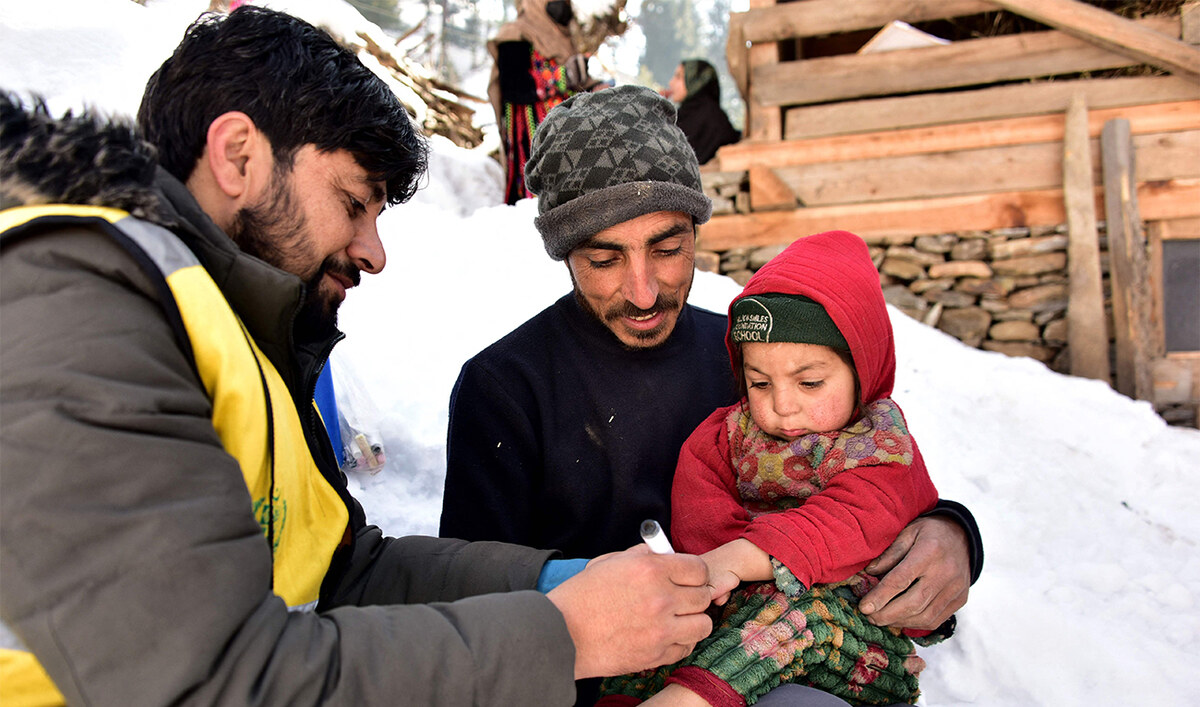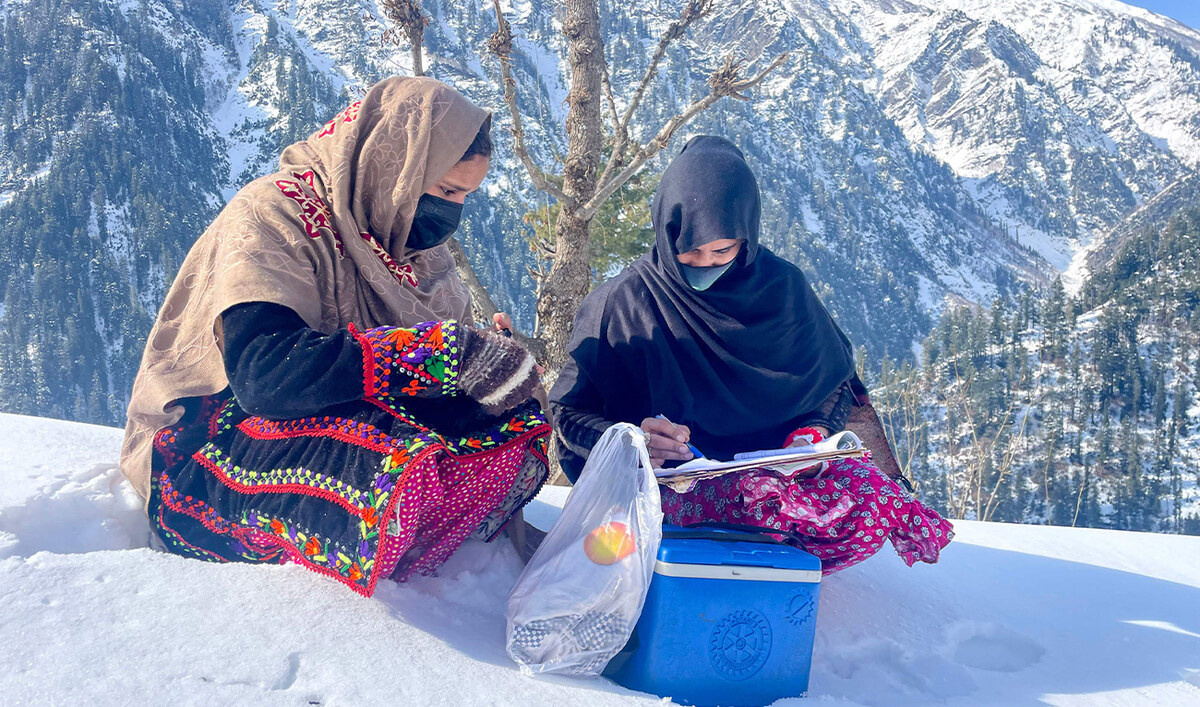ISLAMABAD: An anti-terrorism court in the Pakistani city of Abbottabad has ordered investigators to produce eyewitnesses on April 27 in a case related to blasphemy allegations against a Chinese national, local media widely reported.
A Pakistani court ruled earlier this week that a Chinese national arrested on blasphemy charges be held in jail for two weeks, pending trial. Under Pakistani law, anyone convicted of blasphemy can be sentenced to death though executions rarely occur.
The Chinese man, identified by police only as Tian, was arrested last Sunday night, hours after hundreds of residents and laborers working on a dam project in Upper Kohistan in northwestern Pakistan blocked a key highway and rallied demanding his arrest.
Tian is part of a group of Chinese working on the Dasu Dam, the biggest hydropower project in Pakistan. He was accused by Pakistani laborers of blasphemy after criticizing two drivers working on the project for taking too much time to pray during work hours.
“Judge Sajjad Ahmad Jan on Thursday ordered JIT [joint investigation team] to record the statement of the basic witness in the case, Yasir Ali, a translator employed as a welder by profession at the Dasu Hydropower Project,” Geo News reported.
“The court also ordered JIT to submit the report along with witnesses and the Chinese national as it could hear the partial arguments in such a situation where eyewitnesses couldn’t be produced before it.”
“Advocate Mohammad Yusuf submitted the memo of appearance on behalf of the main eyewitnesses in the case including Gulistan, Abdul Qadir, Shafiqur Rehman alias Shafi and Yasir Ali known to be a translator in the first information report lodged with Kamila Police Station in Upper Kohistan.”
Members of a jirga of clerics, including Maulana Attaur Rehman, Maulana Waliullah Tohidi, Maulana Malik Umar, Maulana Abdul Aziz and Abdul Jabar, were also present in the court.
The jirga is pleading the case on behalf of the people of Kohistan.
Tian was whisked away from northwestern Pakistan and brought before a court in the city of Abbottabad where he on Monday pleaded not guilty. He also insisted that he did not insult Islam or the Prophet Muhammad (PBUH).
Although arrests of Muslims and non-Muslims on charges of blasphemy are common in Pakistan, foreigners are rarely among those arrested.
In 2021, a mob lynched a Sri Lankan man at a sports equipment factory in the eastern Punjab province. It later burned his body in public over allegations he desecrated posters bearing the name of the Prophet Muhammad (PBUH).



















